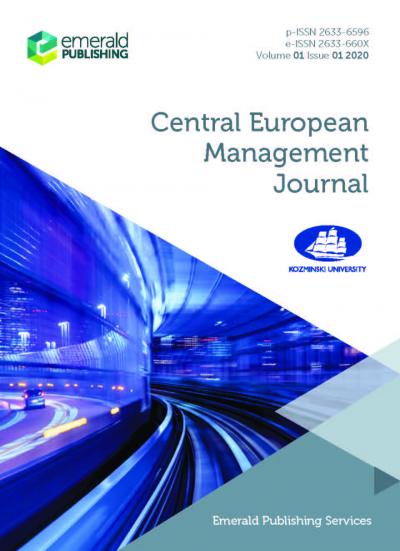Purpose: The paper presents a review of the latest research on executive compensation and indicates the main problems and weaknesses of the existing solutions as well as trends for the future.
Methodology: In the analysis executive compensation constitutes a crucial element of corporate governance. The analysis is based on a review of the latest studies and research on the effectiveness of executive compensation referring to its size, structure and disclosure.
Findings: The paper presents the latest fi ndings in the practice of executive compensation and it points to the extension of the period of time giving rise to the payment of cash bonuses, the introduction of a range of different indicators, based on which executives are evaluated, simplifying compensation packages, the implementation of deferred payments, the introduction of the “say on pay” rule and clawbacks.
Practical implications: The analysis points out the main weaknesses of executive compensation, which were particularly emphasized in research studies on companies affected by the financial crisis. The paper presents a wide range of suggested solutions that could be implemented in the fi eld of executive compensation in order to provide for a better alignment of the interests of executives with those of shareholders and for the increase in shareholder value.
Originality/value: The paper attempts to identify the most severe corporate governance problems with reference to executive compensation and to confront them with research results as well as the recently proposed and implemented reforms and recommendations.





